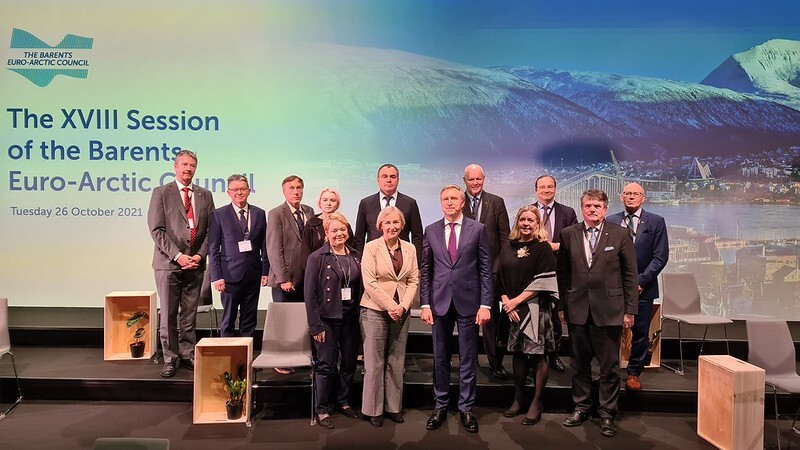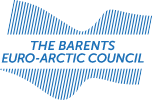At the same time as the Barents Euro-Arctic Council (BEAC) was established in 1993 by the signing of the Kirkenes Declaration, the regional representatives, together with the indigenous peoples signed a co-operation protocol that established the Regional Council for the Barents Euro-Arctic Region with the same objectives as the BEAC, to support and promote cooperation and development in the Barents Region. The protocol determines the structure and the general aims of the regional cooperation.
About the Regional Council
The Barents Regional Council unites the member counties and representatives of the indigenous peoples in the northernmost parts of Finland, Norway and Sweden.
Kirkenes Declaration
Protocol Agreement from the Statutory Meeting of the Regional Council of the Barents Region (The Euro-Arctic Region)
Terms of Reference of the Barents Regional Council Updated 2021
The Barents Regional Council today includes the following counties and regions:
- in Norway: Finnmark, Troms and Nordland
- in Sweden: Norrbotten and Västerbotten
- in Finland: North Ostrobothnia
The Russian regions are currently not active in the Barents Regional Council, and the collaboration continues between remaining regions.

The Barents Regional Council in Tromsø
The establishment of a forum for the interregional cooperation is an acknowledgement of the importance of local knowledge, the ability to identify the most urgent common priorities in the regions and the capacity to carry out cross-border projects and cooperate on implementation of common programmes.
The Chairship of the Barents Regional Council rotates biennially between its member counties. The Regional Council convenes twice a year. The Regional Council’s meetings are prepared by the Regional Committee, which consists of civil servants from the member county administrations.
The current chair for 2025 is Nordland County Council.
The Communication Strategy for Barents Regional Cooperation was adopted in May 2016 and it sets the guidelines for communication within Barents Regional Council, Barents Regional Committee and Working Groups.
The Working Groups concretize the cooperation in the different sectors. This concerns sectors such as Environment; Business; Transport; Culture; Health and Related Social Issues; Education and Research; Tourism; Youth; Forests; Rescue. In addition, the Working Group of Indigenous Peoples (WGIP) are represented in all Working Groups. The youth themselves have their own Barents Regional Youth Council (BRYC), and are also taking part in the different Working Groups.
Contacts:





